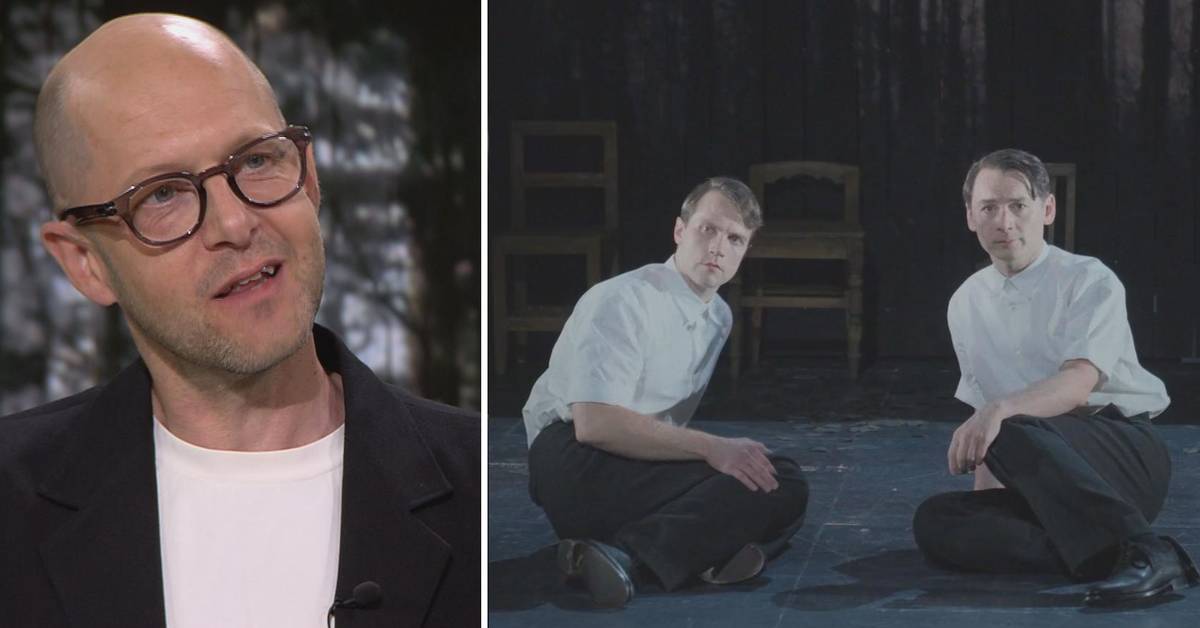It is one of the stranger novels of our time, especially the reading of it. Agota Kristóf's The Great Writing Book from 1986 about the twin boys who are taken to their grandmother at the border, away from the big city and the horrors of war. A coming-of-age story where life is anything but peaceful: dirty, poor, full of abuse and obscenities.
Acquaintances who don't normally read are completely thrilled. Some say it's a book you don't read but devour, in one paragraph. But then the other week I heard about another experience, a friend who felt so disgusted that she had to throw the book away after 50 pages. In other words, it leaves no one indifferent.
As a play, it is stripped down. The drama is elsewhere. At first it feels crunchy, the performance weighed down by the twins' commentary-like accounts that the Norwegian star playwright Jon Fosse has largely retained in his dramatization.
The scenic design is therefore minimal, in large parts the twins tell us what is happening rather than illustrate. Director Sofia Adrian Jupither takes the bull by the horns and with restrained direction corresponds well with Kristof's famously precise and scant language. The theatre takes shape in our heads rather than on stage. Not desirable, perhaps, but quite so affecting.
The Great Writing Book is a depiction of war and survival, here concentrated on abuse and human animality. As a kind of European primordial story, it depicts the horrors of the borderlands of battle. The authorities are constantly changing, the little man best serves himself.
Easier then to be two. The twins' shirts remain chalky white through the shit of growing up, both remarkable and powerful. David Fukamachi Regnfors and Marcus Vögeli make the seemingly inseparable and well-groomed siblings into hardened schoolboys along life's raw trajectory, a remarkable novel couple who coldly endure and overcome the gruesome. The ending of the show, when it both opens and ends, is almost as good as in the book. A very good rating.

